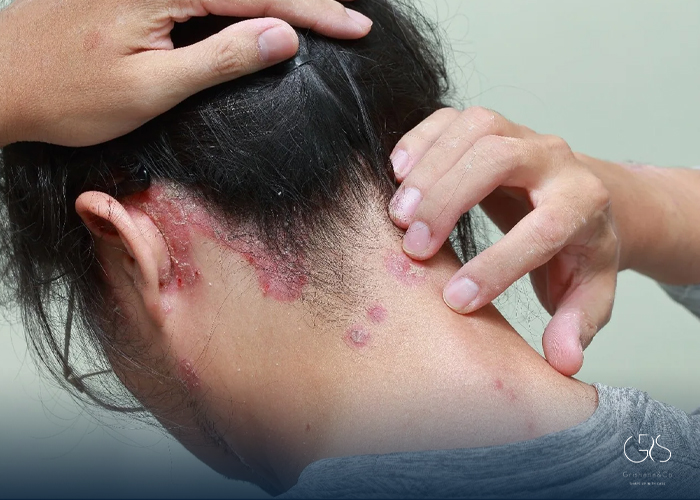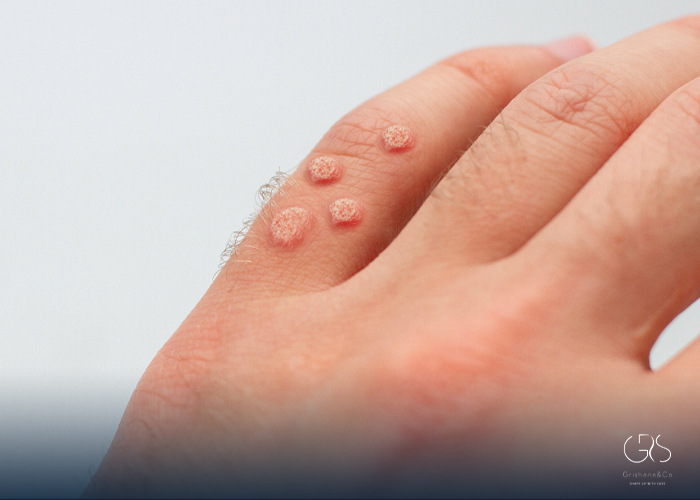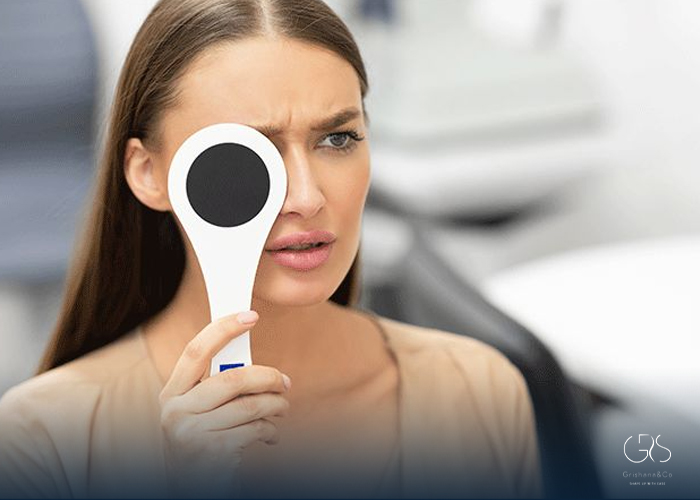Scalp psoriasis is a chronic autoimmune condition that affects millions of individuals worldwide. This article aims to delve into the nature of scalp psoriasis, why people develop it, the symptoms associated with it, and the various treatment options available, including phototherapy and systemic therapies.
What Is Scalp Psoriasis?
Scalp psoriasis is a skin disorder that manifests as red, scaly patches on the scalp. It occurs when the immune system mistakenly targets healthy skin cells, leading to rapid skin cell turnover and the formation of plaques.
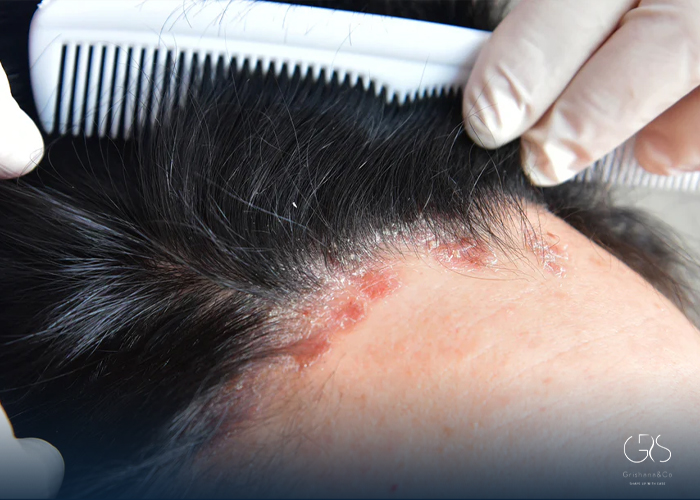
Why Do People Get It?
The exact cause of scalp psoriasis remains unknown. However, genetic predisposition, immune system dysfunction, and environmental factors are believed to play a role in its development. Stress, infections, and certain medications may also trigger flare-ups.
Symptoms:
- Red, Inflamed Patches: Individuals with scalp psoriasis often experience raised, reddish patches on the scalp covered with thick, silvery scales.
- Itching and Irritation: The affected areas can be intensely itchy and may cause discomfort and irritation.
- Flaking and Scaling: Scalp psoriasis results in the shedding of white or silver scales, resembling severe dandruff.
- Dryness and Cracking: The scalp may become dry, leading to cracking and sometimes bleeding.
- Hair Loss: In severe cases, scalp psoriasis can cause temporary hair loss due to the inflammation and damage to hair follicles.
How Does Psoriasis Affect the Scalp and the Hair?
Scalp psoriasis not only impacts the skin but also affects the hair. It may lead to hair thinning or temporary hair loss, which can have a significant emotional impact on individuals struggling with the condition.
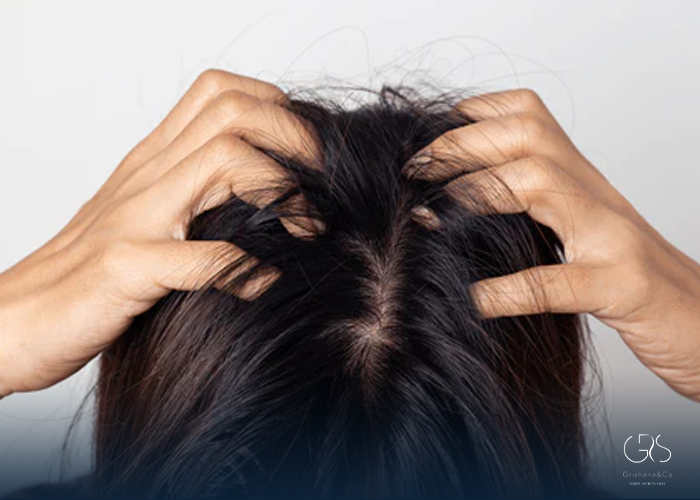
Treatment Options:
- Topical Treatments: Medicated shampoos, corticosteroids, and keratolytic agents can help manage scalp psoriasis symptoms effectively.
- Phototherapy: Light therapy, also known as phototherapy, involves exposing the affected scalp to ultraviolet light to reduce inflammation and promote healing.
- Systemic Therapies: In severe cases where topical treatments and phototherapy are ineffective, systemic treatments such as biologics or oral medications may be prescribed to target the underlying immune response.
Conclusion:
Scalp psoriasis is a challenging condition that not only affects the physical health of individuals but also impacts their emotional well-being. Understanding the symptoms associated with scalp psoriasis, its effects on the scalp and hair, and the diverse treatment options available is crucial for managing this chronic skin disorder effectively.
Sources
- National Psoriasis Foundation, Scalp Psoriasis
- American Academy of Dermatology Association, SCALP PSORIASIS: DIAGNOSIS AND TREATMENT
- National Institute of Arthritis and Musculoskeletal and Skin Diseases, Psoriasis


